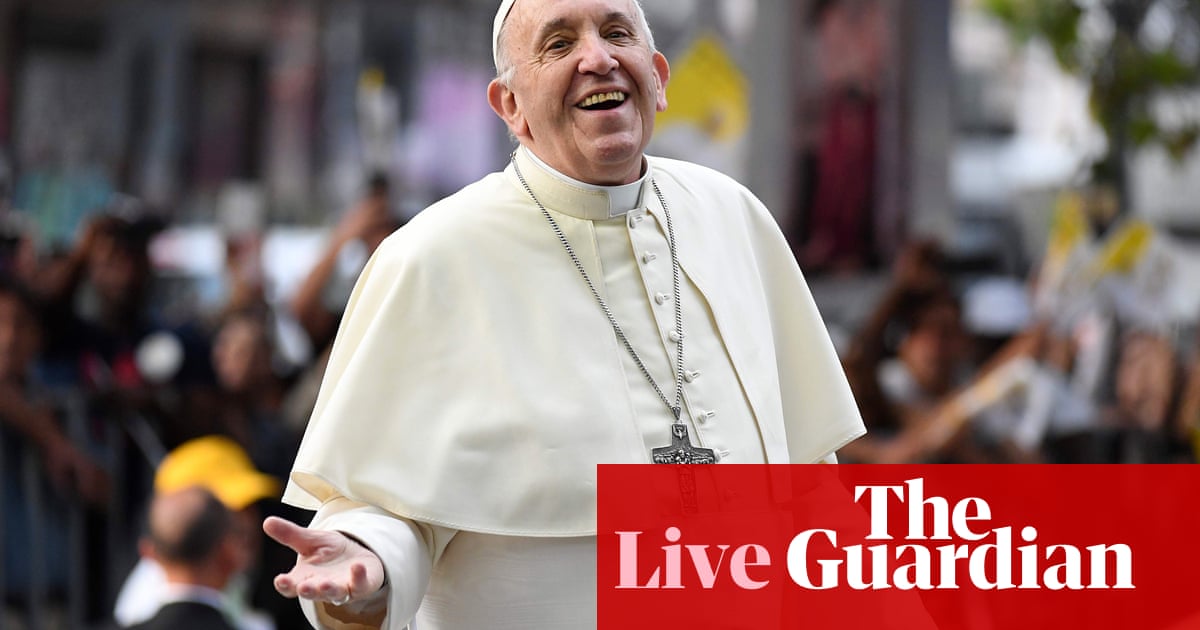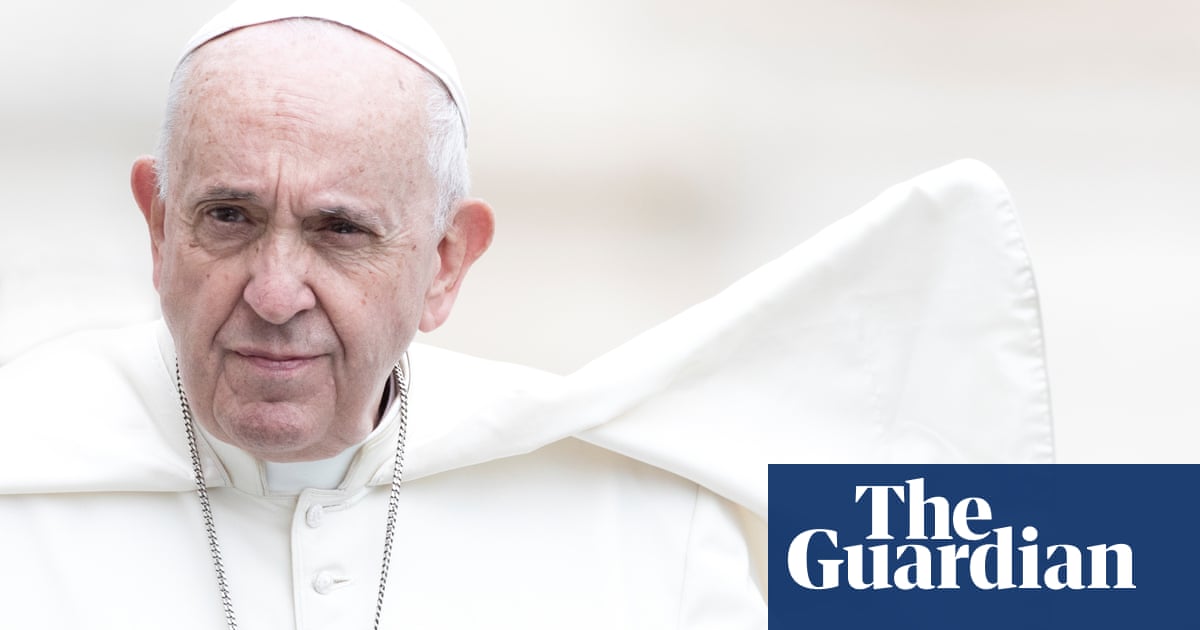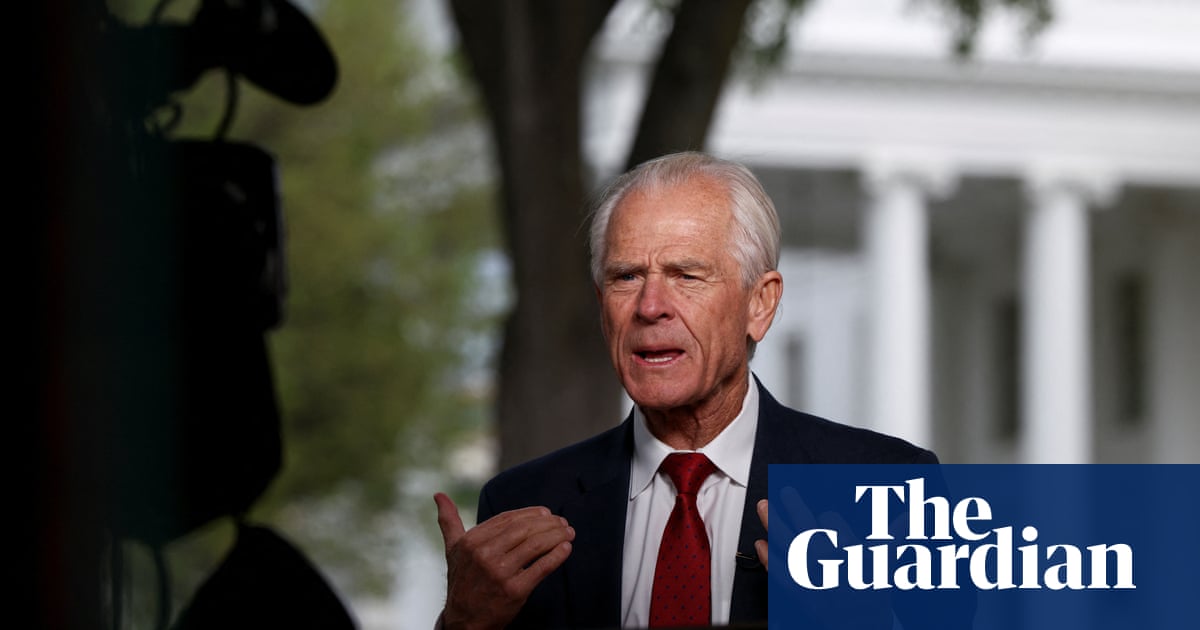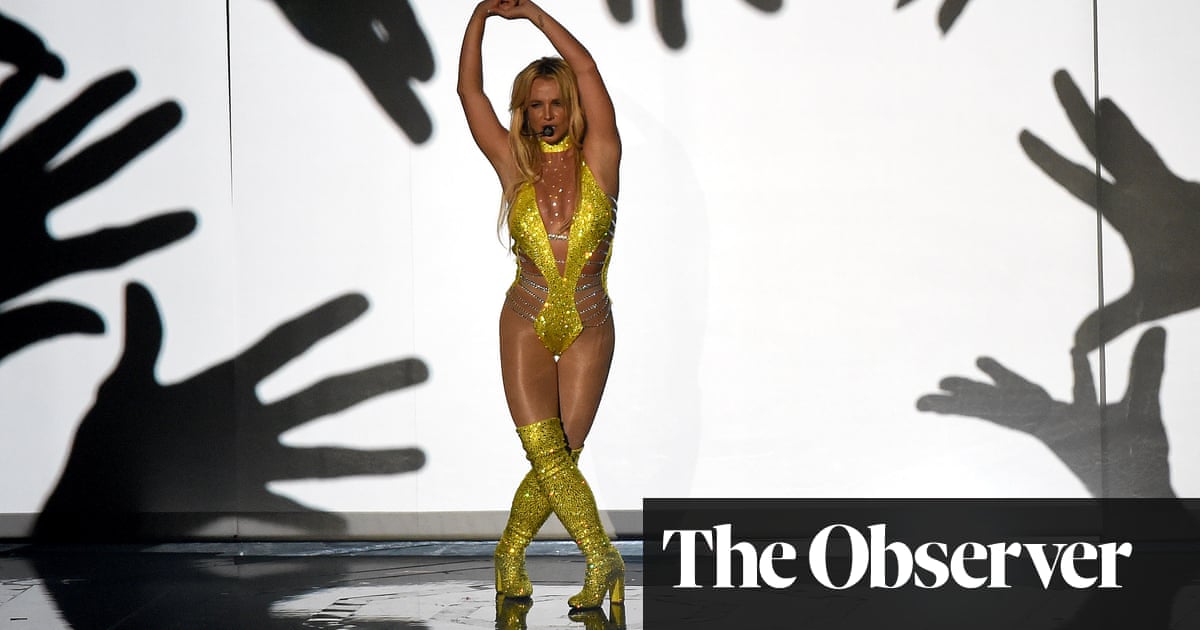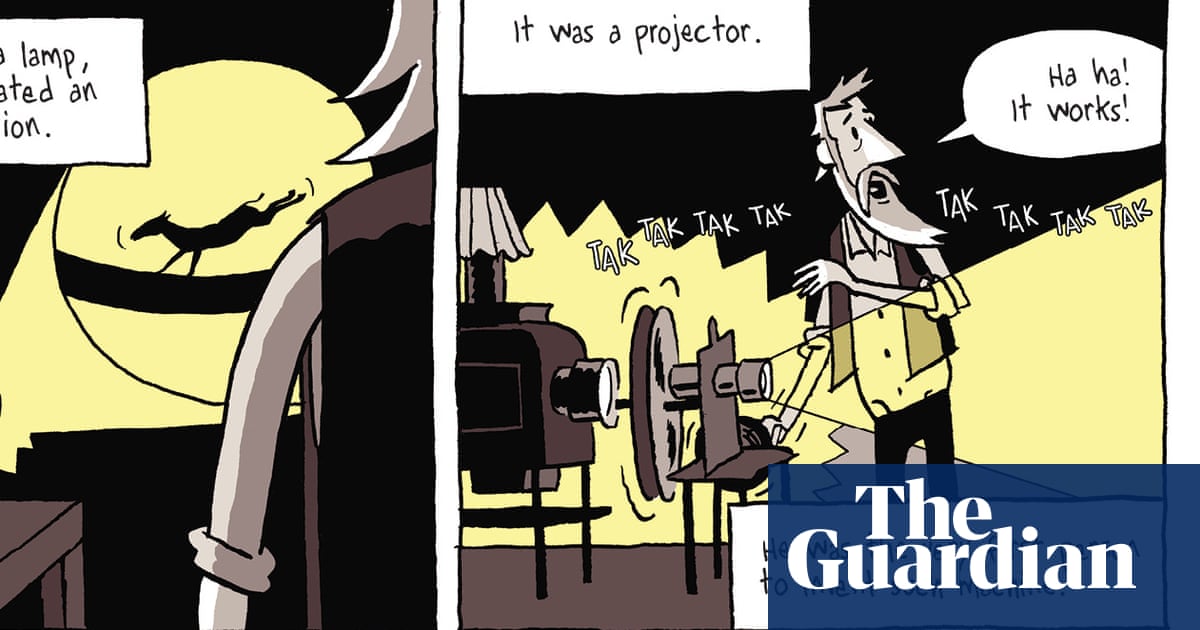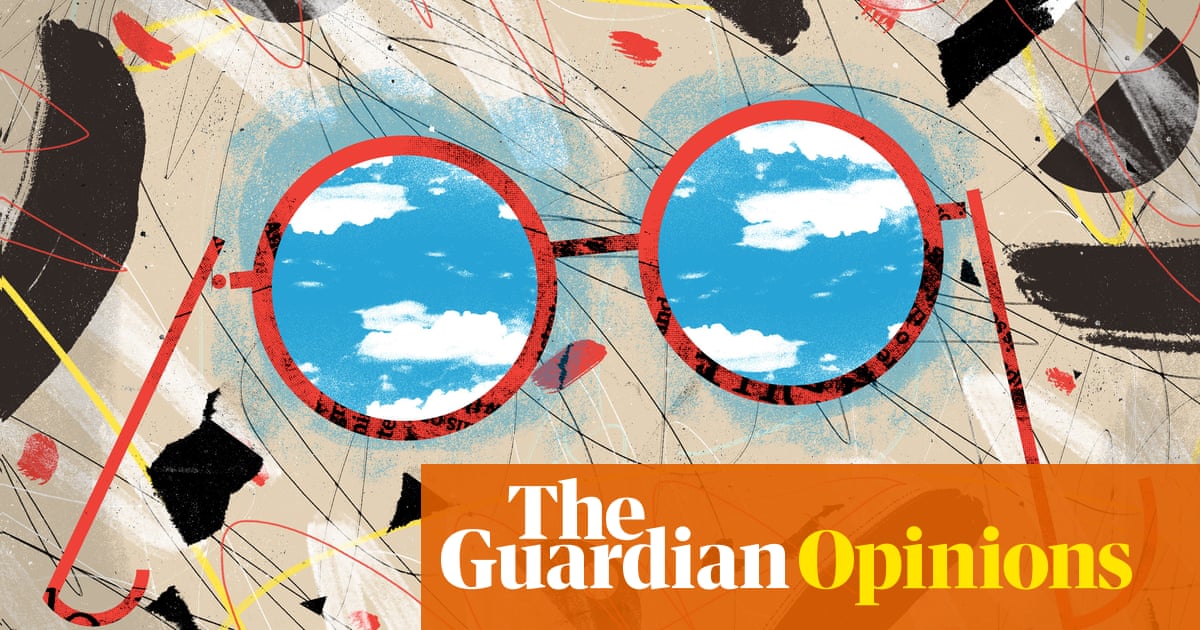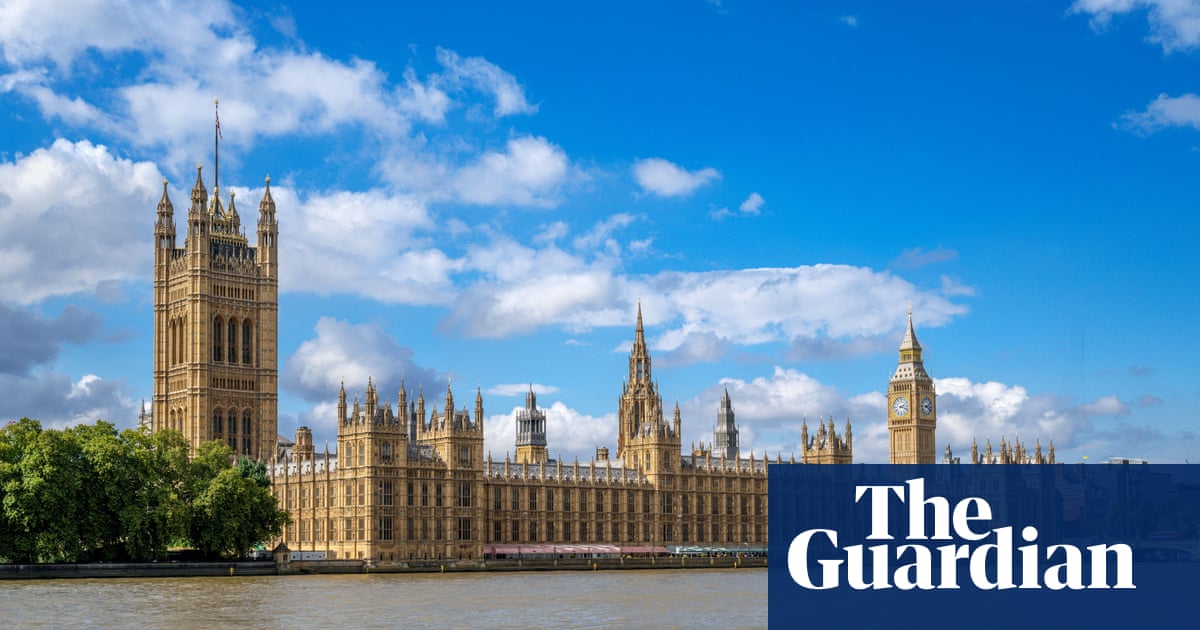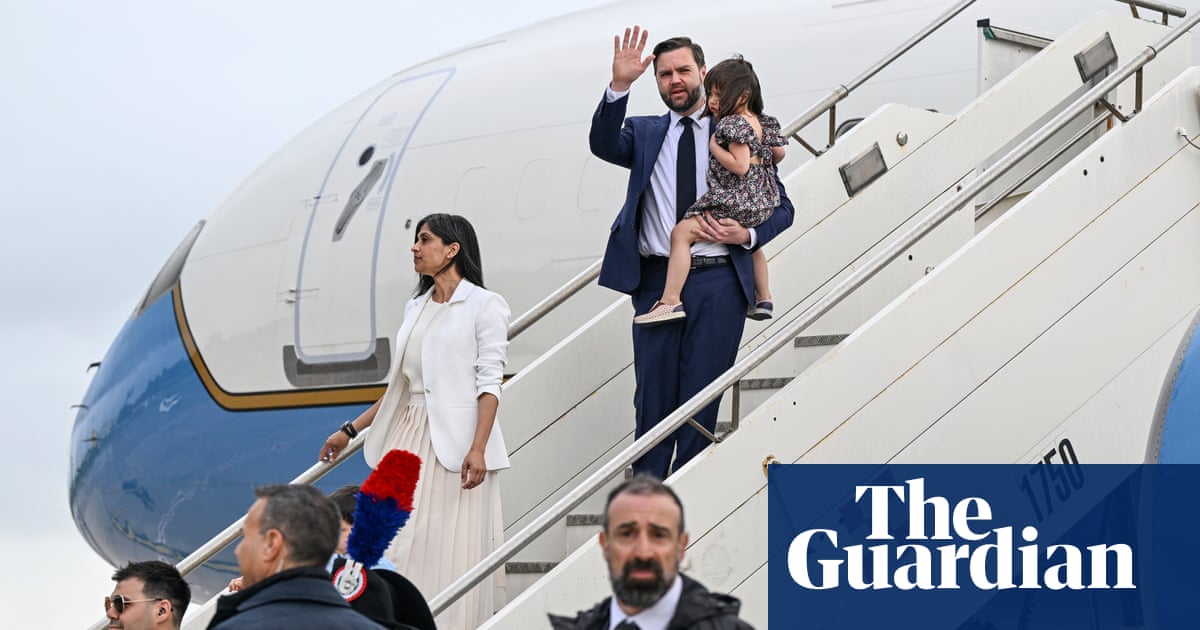A Donald Trump-shaped shadow is looming over the campaign for Germany’s snap elections next month, with unprecedented US interference on behalf of the far-right Alternative für Deutschland and a startling degree of attention from the incoming US administration scrambling the political landscape.
In a country that puts a premium on stability, Trump’s second term is forcing all parties to revamp fundamental stances, with responses ranging from opportunistic fealty to still wan-looking resistance. The stakes for Berlin could hardly be higher.
“Trump’s rise and the turn towards authoritarianism and illiberalism in the US is a psychological challenge for a German elite that has always seen it as a democratic ally and model,” said historian Ned Richardson-Little of the Leibniz Centre for Contemporary History in Potsdam.
Veteran political observer Wolfgang Ischinger, a former German ambassador to Washington, has long compared US ties to an “umbilical cord”, with Germany the dependent infant.
Germany’s position as the EU’s top economic power and its outsize security dependence on Washington, given its lack of nuclear weapons, make Trump’s inauguration a day of reckoning.
“Trump’s electoral victory alone has already shifted the European political landscape,” political scientist Paula Diehl of Kiel university said, leading to an era of new “tensions and insecurities” for Germany.
The frontrunner for the 23 February election, conservative opposition leader Friedrich Merz, has made Germany’s ailing economy the central focus of his campaign. He has argued that his many years in business, most recently chairing the supervisory board of the German unit of BlackRock Asset Management, give him the skills to present Trump with a “deal” he can’t refuse, silencing his threats of punishing tariffs.
Merz told the DPA news agency this month that a new push for an EU free trade agreement with the US, talks on which were put on ice during Trump’s first term, could “prevent a dangerous spiral of tariffs”.

Germany had a record annual trade surplus with the US of just over €63bn in 2023, which is rising gradually – a perpetual thorn in Trump’s side. Despite heavy direct investment in the US by German companies, Trump repeatedly complained to former chancellor Angela Merkel about how few American cars Germans bought.
Germany’s particular vulnerability to a full-blown trade war is a major source of anxiety. A study last week by the Prognos Institute indicated that, if Trump came through on his musings to impose tariffs of 10-20% on all imports, it could jeopardise 300,000 jobs in Germany – twice the number employed nationwide by crisis-stricken car giant Volkswagen.
Amid the economic anxiety, the hard-right AfD is trailing just eight to 10 percentage points behind Merz’s Christian Democrats.
Even before Trump’s November victory, the party was cultivating close ties with Trump’s Maga (Make America Great Again) movement. Despite the virulent anti-Americanism of the nationalist party alongside its Kremlin affinity, the AfD has been eager to hitch its wagon to the world’s richest man after vital support Musk offered to Trump in the US campaign.
The Tesla tycoon, whose motives remain murky, has called the AfD Germany’s “last spark of hope”, adopting the hard right’s standard gloom-and-doom while probably unintentionally echoing a Nazi slogan from the early 1930s.
In a column for Welt am Sonntag, Musk worked to normalise the AfD, pointing to the fact that its chancellor candidate, Alice Weidel, is in a long-term relationship with a woman from Sri Lanka: “Does that sound like Hitler to you? Please!”
At a party congress last weekend, Weidel suggested that Germany under AfD leadership would be well placed as a kind of go-between for Trump and Putin, to Berlin’s benefit.
The AfD and Musk appear to agree on the goal of undermining EU regulations against online hate speech while sowing broader divisions within the bloc. Critics in Germany said their two-pronged assault on the truth, with Musk joining the masquerade that the AfD is a harmless libertarian party, could do more damage than any specific party endorsement.
“The German far right has always been happy to make common cause with American extremists, while also denouncing American influence on Germany,” said Richardson-Little.
after newsletter promotion
But he noted that such alliances rarely stood the test of time, pointing to the falling out with the French far right over the AfD’s historical revisionism about the Nazi period. “Even if they generally share a hostility to migration, multilateralism and minority rights, there are always many areas of potential conflict between ultra-nationalists once they actually start trying to implement their agendas.”
Despite heavy-handed assistance from the US, the AfD has little chance of gaining power in Germany because the mainstream parties have refused to work with it to form a ruling majority. But its disruptive potential will be palpable if Merz, as predicted, wins the election – including forcing the formation of awkward alliances to block the far right. Merz’s most likely coalition partner is seen as the Social Democrats (SPD), assuming voters kick out the unpopular incumbent Olaf Scholz after less than one full term in office.
But Scholz, whose three-way coalition collapsed in acrimony in November, has proved fascinatingly steadfast in his belief that he can eke out a surprise victory in the end, as he did at the last election in 2021. Polls consistently point to voters pushing the SPD into third place for the first time in postwar history.
With his back to the wall, Scholz has seized on voter antipathy toward Trump and Musk, who has repeatedly called him a “fool” and mocked his name as “Schitz” on social media. Scholz’s advice to voters: “Don’t feed the troll”.
Last weekend, he warned his party faithful that unnamed forces in America were “working very specifically to destroy our democratic institutions in the west”.
Pundits in Berlin say that the erratic Trump could play into Scholz’s hands, allowing him to contrast his own “prudent” leadership with the president’s outbursts . Trump’s recent suggestion of acquiring Greenland from Denmark by economic or military coercion prompted Scholz to call an impromptu televised news conference to warn the world’s most powerful man to back off. “Borders must not be moved by force,” he said, while underscoring Germany’s increased defence spending in response to Russia’s full-blown Ukraine invasion.
But with Trump pledging to end the Ukraine war on still hazy terms while demanding even bigger boosts in European military spending, Germany’s next leader will have his work cut out to strengthen other alliances. Richardson-Little noted that “Germany is not influential enough to be able to stop Trump on its own. Only a united European response has the potential to act as a deterrence, should this (the Greenland initiative) prove to be more than a mere publicity stunt.”
The moderate conservative Merkel, who seemed to rile Trump like no other leader over her welcoming stance toward refugees, warned in 2018: “The times when we could fully rely on one another are more or less over, so I can only say that we Europeans must take our fate into our own hands.” But, under Biden, the absence of transatlantic crisis removed urgency from the drive towards more autonomy.
“As with energy dependency on Russia, the mainstream German parties are aware of the risks posed by a Trump government but reorienting the economy and security apparatus towards an alternative would be incredibly costly and disruptive,” Richardson-Little said, particularly in times of austerity.
There are signs of awakening, with French, German and Polish foreign ministers reportedly planning a joint “show of European unity” trip to Washington shortly after the inauguration. While none of the parties is ready to sever Ischinger’s transatlantic “umbilical cord”, it won’t be easy placing the relationship on a new footing, Diehl said. “At the end of the day, the US remains Germany’s most important partner.”

 3 months ago
40
3 months ago
40
